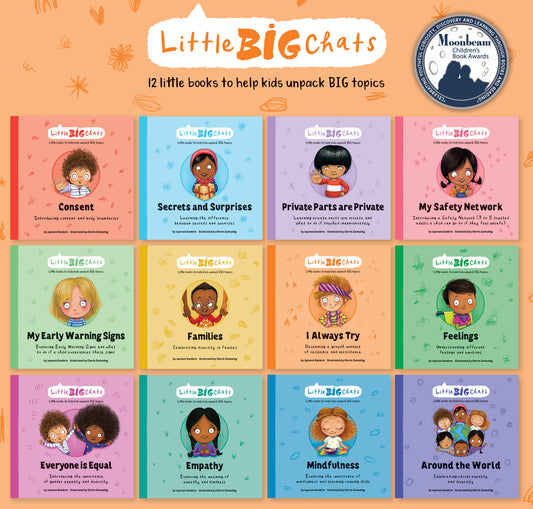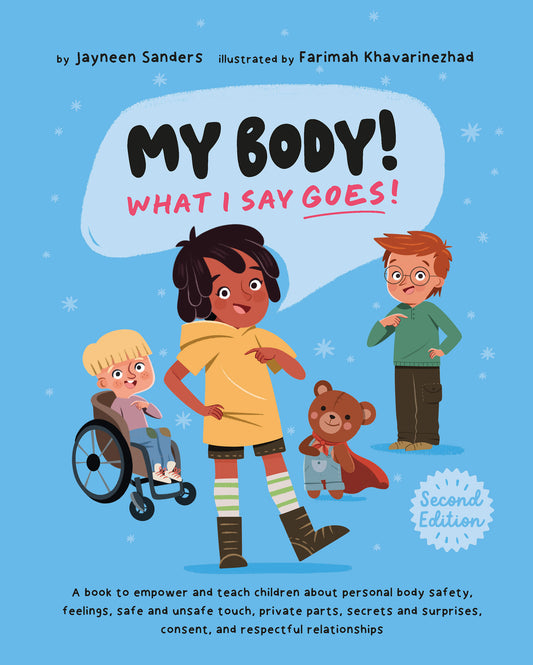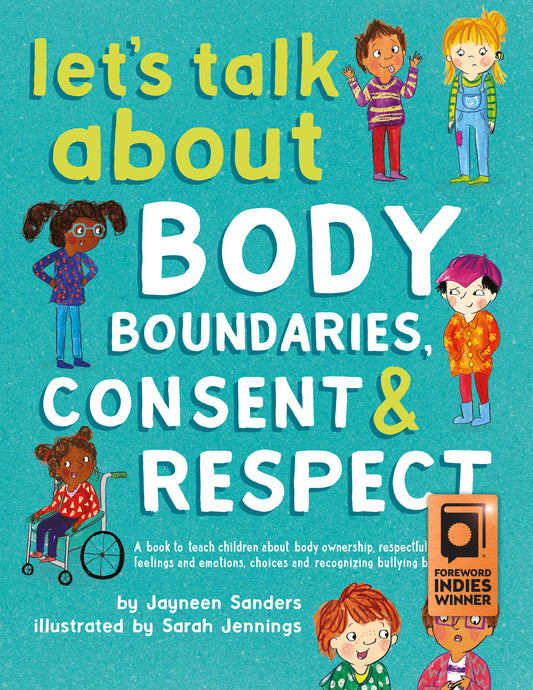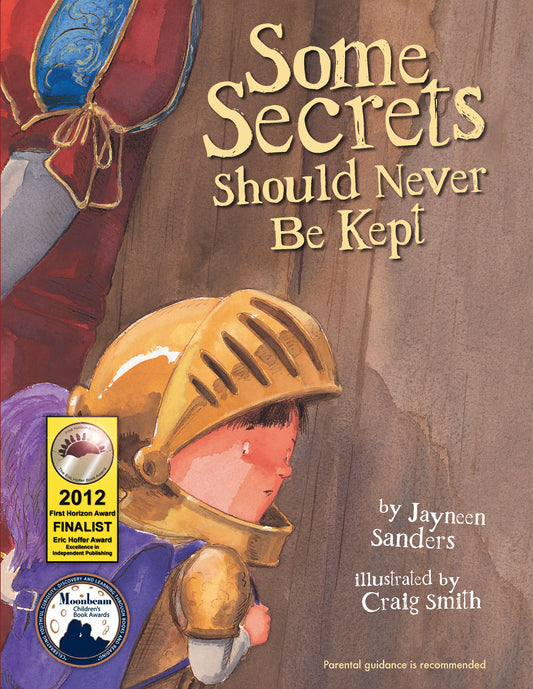As an advocate for Body Safety Education both in homes and schools, I implore you to use the correct anatomical terms for your child’s genitals. These terms are: VAGINA, VULVA, BREASTS, BOTTOM, PENIS, TESTICLES.
Here are 8 very important reasons why!
1. If a child is touched inappropriately, the child can tell a trusted adult on their Safety Network accurately, i.e. 'XXXX touched me on my penis.' This has a lot more weight if the child's accusations were to go to court.
2. If a child says to a teacher, for example, 'XXXX touched my cookie.' This may be discounted. If the child says, 'XXXX touched my vagina' the child will be much more likely to be listened to and taken seriously.
3. If a child says to the perpetrator, 'Stop! Don't touch my vagina!' The potential abuser knows this child is empowered with Body Safety knowledge. This child is less likely to be targeted. Also, pedophiles will be wary of the child who uses the correct names for the genitals because these are adult terms, and if the child does tell, adults will not easily dismiss the touch as ‘harmless fun’.
4. If your child's starts to use 'pet names', you might question where they are hearing these; as your family uses the correct anatomical terms. This can be a red flag to grooming and abuse.
5. Using pet names with your child makes it easier for a pedophile to ‘off load’ any complaints of inappropriate touch made by the child as just a ‘bit of fun’ and easily dismissed by adults uneducated in Body Safety.
6. Using the correct anatomical terms helps explain to children the changes to their body as puberty kicks in. The topic can be discussed without making it into a joke or belittling its importance. Body parts such as the penis or vagina should be as 'everyday' to your child as any other body part, for example, an elbow or nose.
7. If your child’s genitals are hurt or there is a medical problem, it is easier for your child to tell you and/or a health-care professional with more accuracy. For example, just recently a 7-year-old boy told both myself and the class he was unable to play sport because he had hurt his testicles. Not one child giggled and I was able to say with genuine concern, 'No problem. I hope you feel better soon.'
8. Having pet names for your child's private parts could inadvertently teach them that their private parts are places we shouldn’t speak about, and/or that they are ‘rude places’. This could, potentially, lead your child to believe that they must keep any inappropriate touch a secret.
In summary, what parents, care-givers, teachers and health-care professionals all want is to empower kids! Teaching them the correct anatomical names for the gentials is a closer step towards this outcome. There is no downside!
Jayneen Sanders
Many thanks to our Facebook likers (https://www.facebook.com/SomeSecretsShouldNeverBeKept?ref=hl) for their suggestions.
Jayneen Sanders (aka Jay Dale) is a teacher, author, mother of three daughters and an active advocate for sexual abuse prevention education both in the home and in schools.
For more information on this topic and Jay’s children's books on safe and unsafe touch 'Some Secrets Should Never Be Kept', ‘No Means No!’ and her parents’ guide ‘Body Safety Education — A parents’ guide to protecting kids from sexual abuse’ go to www.e2epublishing.info
All books are also available on Amazon at http://www.amazon.com/Jayneen-Sanders/e/B00BDCGZ1W/ref=dp_byline_cont_book_1
'Body Safety Education — A parents' guide to protecting kids from sexual abuse' is now available.
To talk to someone about child sexual abuse or any abuse, or for support as a family member or friend to someone who has experienced sexual abuse, please go to our Support & Services page.




